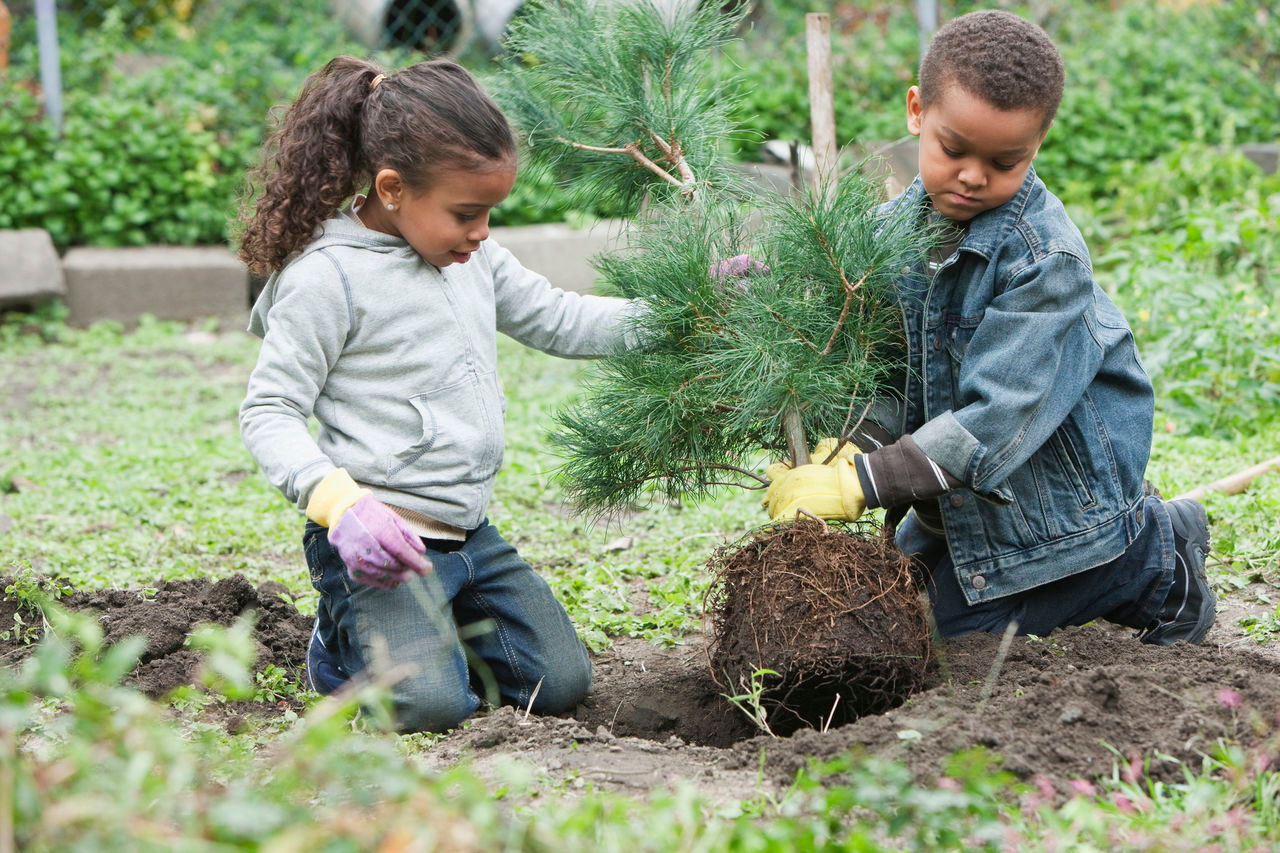
Artifacts Supporting Goal # 3:
The four artifacts presented speak to goal #3 in that they increase our appreciation for the uniqueness and pervasiveness of the human stress response. Each artifact provides insight into how stress may be demonstrated when an individual has not yet developed the skills or abilities to identify and manage challenging or overwhelming experiences.
The first artifact in support of this goal Artifact 3A, is a paper from ECED 530B Early Childhood Development, Intervention and Inclusion in Early Childhood Programs, "Relationships, Regulation and Resilience: Fostering Social and Emotional Well-being" which begins by embracing all behavior, disruptive or innocuous, as communication. Drawing from the extant literature that has examined challenging or disruptive behavior, I seek a deeper understanding around how an individual's unique interpretation of a threat and their response to stress can be demonstrated. As discussed in this paper, when adults are on the receiving end of what can be an overwhelming need that is being expressed, it can be difficult to receive and make sense of the message. This paper supports learning goal #3 by highlighting the need for all adults to look beyond the challenging or disruptive behavior and seek to understand that the person, in this case the child demonstrating the behavior, is experiencing stress from a source that may not be obvious to others.
In Artifact 3B,the paper "Knowledge Translation: Understanding and Reframing the Needs Behind Behaviors" adults are encouraged to suspend their certainty, and consider challenging behaviors from a place of curiosity. Dr. Adele Diamond's (2012) teaching on executive functioning helps to increase all adults' comfort level with this stance, shedding light on what a child's behavior might look like when they need more practice accessing these critical skills. Artifact 3C the Workshop Presentation from ECED 531B Supporting Young Children's Social and Emotional Learning in Early Childhood Programs, that accompanies this paper,is for a proposed parent workshop "Parenting Beyond Behavior: Understanding and Reframing the Needs Behind Challenging Behaviors." The intent of this workshop is to open the door to self-reflection and begin conversations that hopefully will support a shift in the way that adults are interpreting and therefore responding to a child's expression of stress. With adult self-reflection on one's own ability to identify and manage stressors, in an environment that allows parents and caregivers to feel safe and supported, the first steps can be taken towards promoting the entire family's social and emotional well-being.
The bidirectional nature of the adult-child response to stress is examined in Artifact 3D, the ECED 585F Leadership and Policy in Early Childhood Education assignment, "Change the Conversations: Effecting Meaningful Social and Emotional Learning Through Supporting Teacher Well-being." Building on the theme of the "Parenting Beyond Behaviors" workshop, through an exploration of Teacher self-awareness and well-being, we are once again compelled to consider the impact of relational and environmental stressors on human behavior. From this place of increased awareness, the adults' ability to shift their understanding of challenging behavior becomes easier and the recognition of the need to bolster their ability to co-regulate takes on new meaning.
In addition to reading the artifacts supporting my learning goals, I invite you to take the time to preview the resources under my Final Reflections page to learn more about some of the sources informing my learning.
2, 3
4, 5, 6, 7
10, 11
'To share an understanding of ways to support adults (parents,family members,caregivers and educators) in making a shift in how they interpret children's experiences and responses.
From a place of curiosity and aligning with Berger's (2016) notion of thinking beyond the expected 'in moments of not knowing', my goal is then to support adults in reconsidering the child’s behaviors as a need for connection and safety and as a message of stress rather than misbehavior.'
1
8, 9
1. Berger, Iris. (2016). Pedagogical Narrations and Leadership in Early Childhood Education as Thinking in Moments of Not Knowing. Journal of Childhood Studies. 40. 10.18357/jcs. v40i1.15215
2. Centre on the Developing Child at Harvard University (2011). Building the Brain's "Air Traffic Control" System: How Early Childhood Experiences Shape the Development of Executive Function: Working Paper No. 11. Retrieved from: www.developingchild.harvard.edu
3. Cook, R.E., Klein, M.D. & Chen, D. (2016). Adapting Early Childhood Curricula for Children with Special Needs. Boston, MA: Pearson
4. Delahooke, M. (2017). Social and Emotional Development in Early Intervention: A Skills Guide for Working with Children. Eau Claire, WI: PESI Publishing and Media
5. Shanker, S. (2013). Calm, Alert, and Learning: Classroom Strategies for Self-Regulation. Don Mills, ONT: Pearson
6. El Khatib, L. (2018) Lessons 5 & 6 Encouraging the Development of Cognitive Skills and Literacy Retrieved from: https://canvas.ubc.ca/courses/7926/pages/introduction-to-lesson-5?module_item_id=352003
7. El Khatib, L. (2018). Lessons 9 & 10 Promoting Social and Emotional Development. Retrieved from: https://canvas.ubc.ca/courses/7926/pages/introduction-to-lesson-9?module_item_id=352056
8. Diamond, A. (2012). Activities and Programs That Improve Children’s Executive Functions. Current Directions in Psychological Science, 21(5), 335–341. https://doi.org/10.1177/0963721412453722
9. Diamond, A. (2012). “Child Development and the Brain: Insights to Help Every Child Thrive” at Garrison Institute, June 2012. Retrieved from: https://www.youtube.com/watch?time_continue=341&v=MQ_j1mjGLow
10. Oberle, E. & Schonert-Reichl, K.A. (2016). Stress contagion in the classroom? The link between teacher burn-out and morning cortisol in elementary school students. Social Science and Medicine, 159, 30-37.